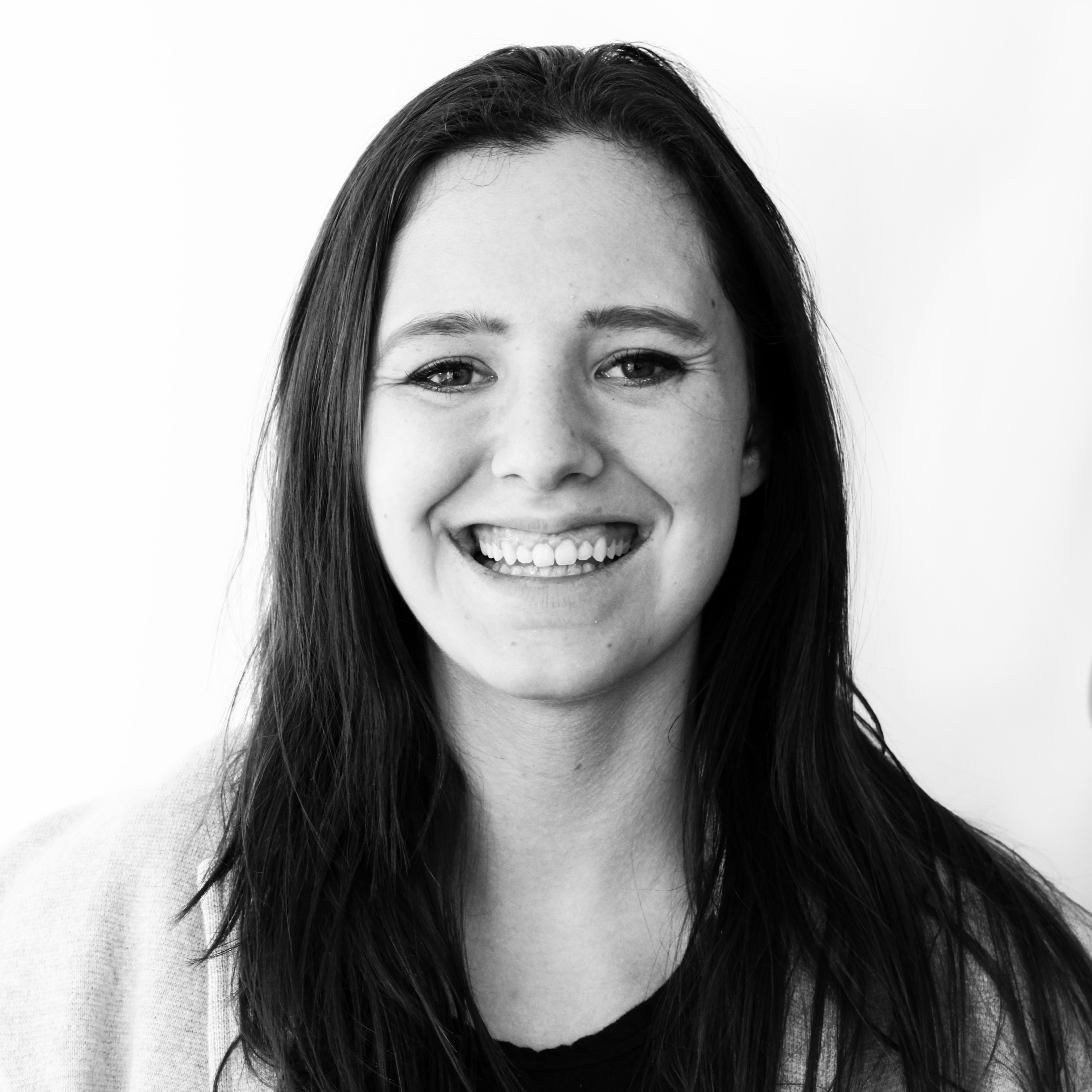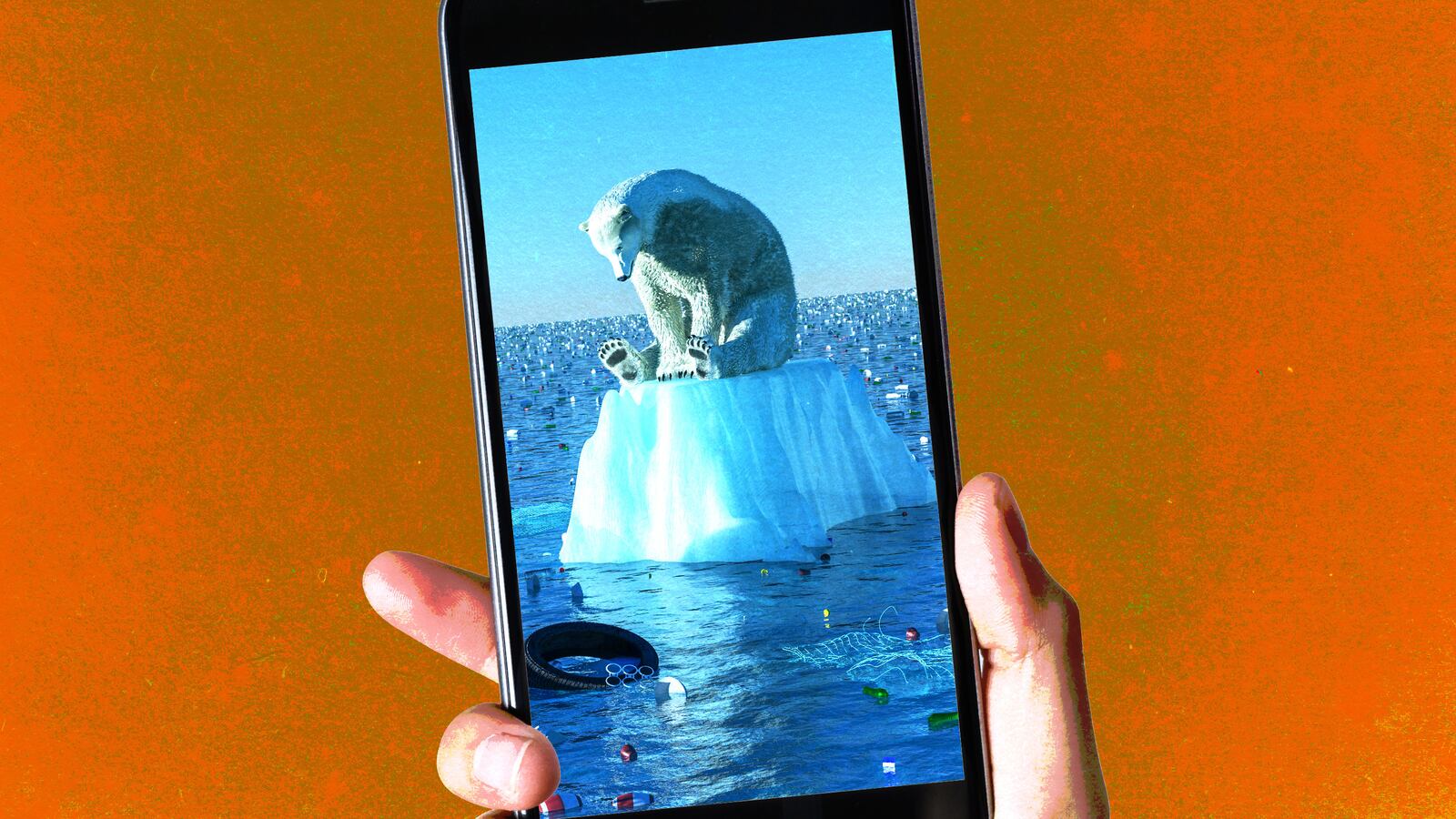Climate change is terrifying, but it’s also abstract. We know that it’s going to get hotter—but it’s tough to understand exactly what that’s going to feel like.
A group of scientists are trying to change that. Their web-based app, the subject of a Tuesday paper in the journal Nature Communications, tells users what kind of temperatures and rainfall to expect in 540 North American cities by 2080, by comparing each city to its most-likely modern-day analog.
Users can select one of two options. The first is “current high emissions,” which assumes that global temperatures will rise by about nine degrees fahrenheit by 2100—which, to be fair, is the ICCP’s most aggressive scenario and is often described as a worst-case estimate. The second, “what if we reduce emissions?” more conservatively assumes that temperatures will only rise about four degrees fahrenheit.
The “current high emissions” option is pretty bleak. Under those conditions, standing outside The Daily Beast’s offices in New York in 2080 will feel like standing in Jonesboro, Arkansas—which is about 8 degrees warmer and 10 percent wetter in the winter and averages 91 degrees in July. Washington D.C. will feel more like Greenwood, Mississippi; San Antonio will feel more like Nuevo Laredo, Mexico.
“We find that if emissions continue to rise throughout the 21st century, climate of North American urban areas will become, on average, most like the contemporary climate of locations 850 km [528 miles] away,” the report warns.
In this scenario, only 17 percent of cities have a good modern-day analog—the rest, the report notes, could have “no modern equivalent” in the northern half of the Western hemisphere.
The second option offers a bit more hope. New York will feel more like Lake Shore, Maryland—only 4.5 degrees hotter and 1.2 percent wetter. Nearly 70 percent of cities have a representative modern-day equivalent with those parameters.
The science, as always, is clear: climate change is coming, and it’s going to bring major upheaval no matter what. What’s less clear is if the White House—which will still feel like Paragould, Arkansas, even in the better-case scenario—will take heed before it’s too late.






